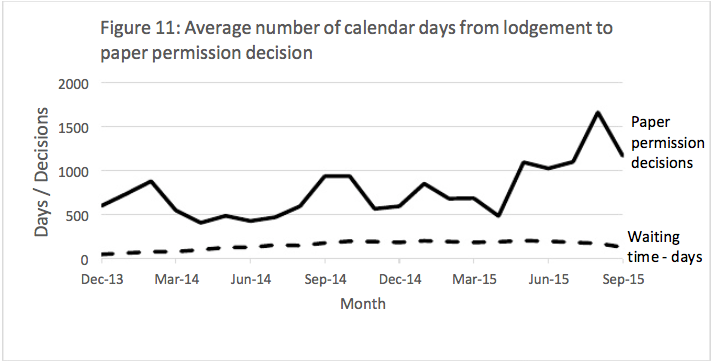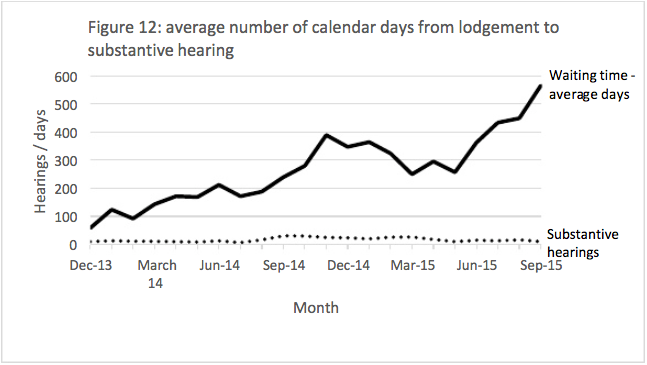- BY Colin Yeo

Does limiting judicial resources change judicial behaviour?
THANKS FOR READING
Older content is locked

A great deal of time and effort goes into producing the information on Free Movement, become a member of Free Movement to get unlimited access to all articles, and much, much more
TAKE FREE MOVEMENT FURTHER
By becoming a member of Free Movement, you not only support the hard-work that goes into maintaining the website, but get access to premium features;
- Single login for personal use
- FREE downloads of Free Movement ebooks
- Access to all Free Movement blog content
- Access to all our online training materials
- Access to our busy forums
- Downloadable CPD certificates
In a VERY interesting paper, Robert Thomas of the University of Manchester analyses the statistics on judicial review cases since they were transferred from the Administrative Court to the Upper Tribunal. He finds that the number and proportion of claims certified as “totally without merit” has increased considerably and so has the length of time it takes a claim to get to a substantive hearing. He goes on to suggest that the massive increase in tribunal workload with no increase in judicial resources has affected judicial decision making.
Immigration JRs in the Upper Tribunal: my analysis of the stats: https://t.co/6AgpqYG62s
— Robert Thomas (@RobertThomas223) April 15, 2016
Thomas finds that a total of 50% of all claims were being certified as totally without merit in the UT in the most recent quarters in 2015-16, up from around 20% previously. These certificates reduce the workload of the tribunal by eliminating oral permission hearings (read more on totally without merit certificates: Proper reasons must be given for totally without merit certificates). Thomas suggests that this is how the tribunal has been able to cope with the massive increase in workload without any additional judicial resources.
The analysis shows that the UT has prioritised permission decisions, with a constant waiting time of around 150 days despite considerable variation in the numbers of claims lodged:
 In contrast, the waiting times for substantive hearings have increased sharply despite a fairly constant number of hearings. In fact, the waiting time from a claim being lodged to a substantive hearing has increased from 59 days to 565 days between December 2013 and September 2015:
In contrast, the waiting times for substantive hearings have increased sharply despite a fairly constant number of hearings. In fact, the waiting time from a claim being lodged to a substantive hearing has increased from 59 days to 565 days between December 2013 and September 2015:

As Thomas says:
The relative constancy in the timeliness of permission decisions strongly suggests that the UTIAC has devoted its resources on this aspect of the process, i.e. it has front-loaded by focusing judicial resources on clearing paper permission decisions.
Thomas argues that this has been at the expense of the timely determination of substantive legality, though, which is, after all, the whole purpose of judicial review.
In short, the inadequate resourcing of the Upper Tribunal “seems to have affected judicial behaviour” by increasing the number of cases certified as totally without merit.
This is a significant concern: either a legal case is good or it is not, and this is a judgment that should not be affected by judicial workload. Recent criticism of Upper Tribunal judges by the Court of Appeal for their failure to give proper reasons for the imposition of totally without merit certificates perhaps bears out the concerns expressed by Thomas.
SHARE

